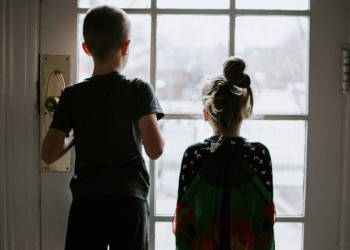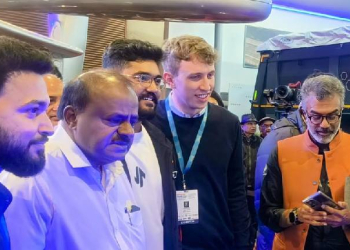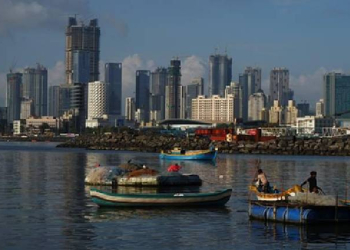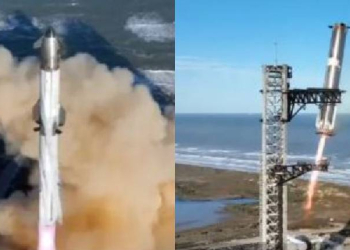San Francisco: The Lapsus$ hacking group claimed it has stolen 70GB of files, mentioning a range of global businesses, from the IT and software development giant Globant, which boasts some of the world’s largest companies as clients.
Screenshots of the hacked data, originally posted by Lapsus$, appeared to show folders bearing the names of a range of global businesses: among them were US cable network C-Span and French bank BNP Paribas, etc.
Also on the list were tech giants Facebook and Apple, with the latter referred to in a folder titled ‘apple-health-app’, reports The Verge.
“We have recently detected that a limited section of our company’s code repository has been subject to unauthorized access. We have activated our security protocols and are conducting an exhaustive investigation,” Globant, acknowledging the hack, said in a statement.
“According to our current analysis, the information that was accessed was limited to certain source code and project-related documentation for a very limited number of clients. To date, we have not found any evidence that other areas of our infrastructure systems or those of our clients were affected,” it added.
On Telegram, Lapsus$ shared a torrent link to the allegedly stolen data with a message announcing, “We are officially back from a vacation”. If confirmed, the leak would show a swift return to activity after seven suspected members of Lapsus$ were arrested by British police less than a week ago, the report said.
The arrests, first reported on March 24 by BBC News, were carried out by City of London Police after a yearlong investigation into the alleged ringleader of the gang, who is believed to be a teenager living with his parents in Oxford.
On the other side of the Atlantic, the FBI is also seeking information on Lapsus$ related to the breach of US companies.The Lapsus$ gang has been remarkably prolific in the range and scale of companies it has breached, having previously extracted data from some well-known technology companies, including Nvidia, Samsung, Microsoft, and Vodafone.
(IANS)



















